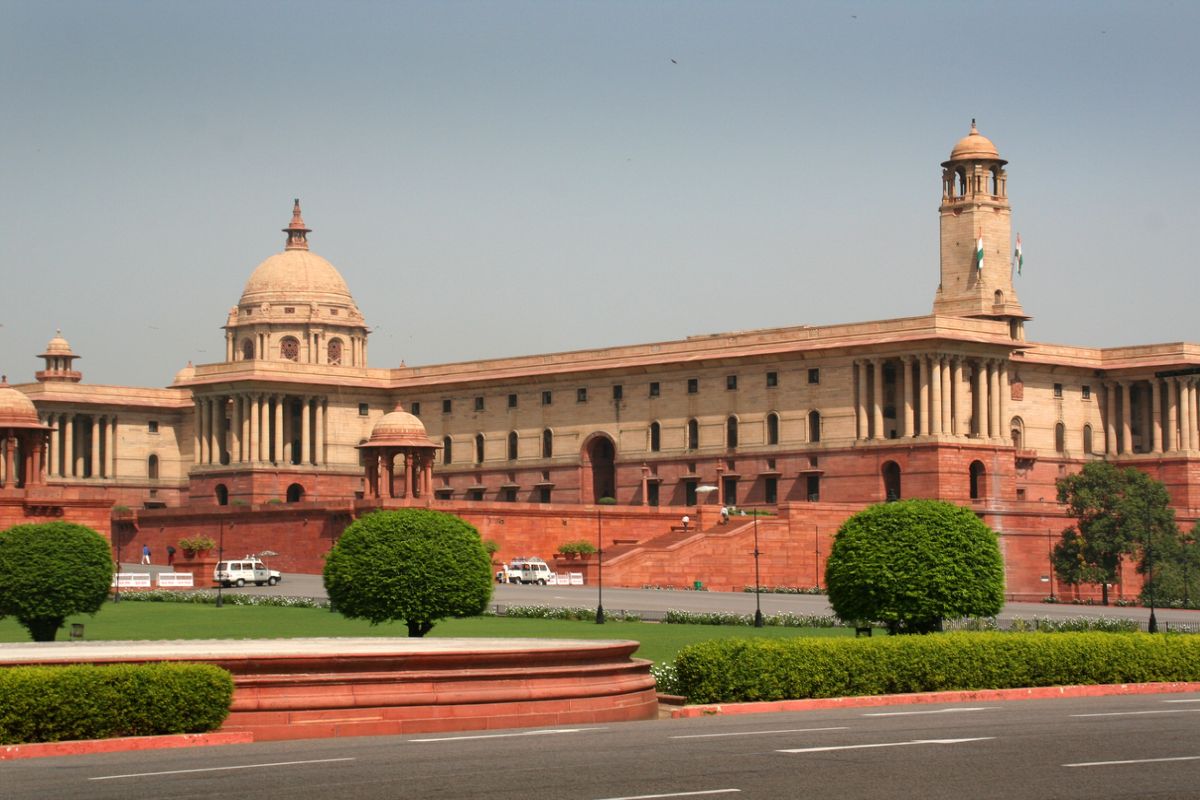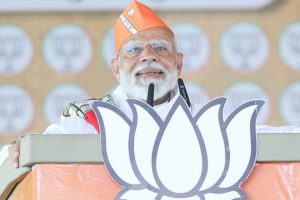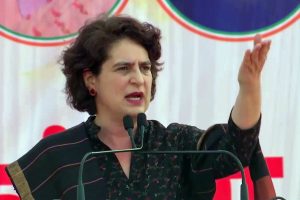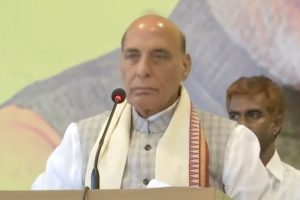Technological advances in the 20th and 21st centuries have redefined the way we think and act. The slogan “Minimum Government but maximum governance” was coined with the intention of using technology as a force multiplier in governance initiatives. However, till now the Government has used technology mainly as an instrument of eliminating discretion and promoting centralisation which has hamstrung bureaucratic initiative at the operational level ~ a lot of which is required to push through reforms, since reformative measures can be launched successfully only if those who implement respond quickly to the concerns of the public.
A rigid, centralised, ‘one size fits all’ approach, currently in favour, leads to delays because people at the operational level can resolve local problems speedily if they have the discretion to apply homegrown solutions in certain situations. The bottomline is that governance can improve only if bureaucratic processes are optimised. Unfortunately, there has been little movement in this direction. The reports of the First and Second Administrative Reforms Commission (1966 and 2005) have been only partially implemented. Tools to monitor bureaucrats like the Biometric Attendance System can hardly be said to be substantive reforms. Rather, governance can be substantially improved by giving proper training to Government employees and formulating SOPs in light of recent technical advances and changed business practices.
The lack of clear guidelines for Government employees impedes governance because over the years, so many departmental instructions have been issued that a bureaucrat can justify almost any action that he takes. At the lower level, the bureaucracy is almost totally untrained and unequal to any challenge. New recruits are supposed to learn from their seniors, who teach them their own antediluvian practices. The motto for new recruits is “Look backward, move forward” which would explain the bureaucratic fascination with precedents. This approach often results in bad decisions being perpetuated till eternity. The Government’s steadfast refusal to acknowledge that governance of technical departments like finance, telecom, defence or health is beyond the ken of generalists has led to situations where decision-making has suffered or major scams have been perpetrated. Numerous committees have suggested that the top man in departments like revenue or defence should be a technical person but such suggestions have not been implemented so far.
The Chief of Defence Staff (CDS), if appointed, would be the first instance where decision-making of an important component of the Government would be in technical hands. Interestingly, the entrenched bureaucracy has cited chapter and verse to oppose the transfer of their powers to the CDS. The bureaucrats would like to retain their dominance with the CDS being placed in a subordinate role. Management practices at the top-level in the Government of India boil down to laying down high numerical targets for various departments and/or initiating a competition between various units. Many a times, the consequences of setting unrealistic targetscauses mayhem.
For example, unreachable revenue collection targets lead to “tax terrorism” i.e. tax officials making a nuisance of themselves and behaving like the proverbial bull in the china shop. The current Union Budget expects a rise in revenue collection by 28.24 per cent, which hovers on the margins of impossibility. It would appear that those who crafted the Budget have tried to hide a large deficit by overstating probable tax revenues. The transfer of an un unbudgeted amount of Rs 86,000 crore from the RBI (a provision of only Rs 90,000 crore for transfer from RBI was made in the Budget, while Rs 1,76,000 crore are to be transferred) is a tacit admission that the Government feels that revenue targets may not be achieved.
The Finance Minister has been prescient enough to recognise the close connection between impossible targets and ‘tax terrorism’ and has issued necessary directions to tax officers. Of course, it would have been much better if revenue targets had been fixed in consultation with revenue collectors, keeping in mind the revenue potential for the year. The same story of fixing unachievable targets is repeated in most Government departments, which leads to fudging of figures at year-end. Most officers are so obsessed with figures that they try to somehow achieve the numerical targets laid down by higher-ups with little attention to the quality of their output. In this charade, the last resort of the bureaucrat is bureaucratese. More often than not, bureaucratic success depends on writing good reports which would give the reader the impression that failure to achieve results came about not from lack of effort or foresight but because of other factors.
Phrases like ‘Please make it convenient to attend’, ‘The situation is tense but under control’ or ‘The police had to resort to firing on the crowd’ ~ are intentionally designed to hide more than to reveal. A somewhat more sophisticated tool of management practised by our bureaucracy is judging the performance of a person vis-à-vis his peers on the basis of some numerical parameters. Here, the top boss makes his subordinates run around without involving himself. The multifarious parameters involved ensure that no one is a clear winner, leaving the ultimate result in the hands of the evaluator. A better administrator would have done a SWOT (Strengths, Weaknesses, Opportunities and Threats) analysis of each unit and would have advised all units in a way that the best possible result could be achieved for the organisation as a whole.
Then, there is the typical bureaucratic game of selective allocation of manpower and funds. Inter-service rivalry ensures that more often than not, critically important departments are perpetually short of officers at the top level which impedes their performance. Such manoeuvres ensure that services other than the IAS always look up to them for career advancement. Even within departments, favourites receive sufficient funds and good manpower making their jobs easy, while the rest are starved of funds and manpower. Then there is the practice of oral orders – which may be justified only in war-time or emergent situations – but which are issued with impunity at all times. There are few subordinates who would insist on written directions. The result is that it is the lower-most functionary who is held responsible when things go wrong. A well-known example of gaming the rules is the Commonwealth Games scam, where the scamsters did nothing for four years, waiting for deadlines to approach, so that they could bypass rules and procedure to make purchases at inflated prices.
Significantly, after the initial hoo-ha the Commonwealth case has gone in cold storage, with not a penny being recovered from the scamsters. Lord Baldwin, the British PM, once equated press barons to harlots accusing them of exercising power without responsibility. Little would he have known that with time, power without responsibility, would become a cherished goal for Indian bureaucrats. A glaring example of the exercise of power without responsibility is the bad loan problem of our banks, for which many bankers have taken the rap. The functioning of banks is monitored by the Banking and Insurance Department of the Finance Ministry, headed by a Secretary, as also the RBI but none from these organisations has been accused of any wrongdoing so far.
The way flagship reforms introduced in its first tenure have fared would persuade the present Government that bureaucratic processes have to be revisited, if its detailed reform agenda is to have any chance of success. Second, all Government employees have to be trained in management; modern management practices will have to replace the archaic practices being followed presently. Third, generalists have to be replaced by specialists in departments where domain knowledge is the sine qua non. Rapid changes in the last two decades have made conventional wisdom redundant. Perforce, we have to reconcile ourselves to the changed realities. We can become a modern nation only if we change the way we think and act. Mahatma Gandhi had said: “Be the change that you wish to see in the world.” We hope that our leaders would show us the way to re-organise our society and its governance in a way that we are able to take our due place in the comity of nations.
(The writer is a commentator. Opinions are personal)











